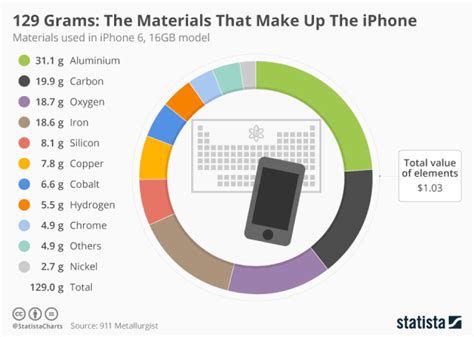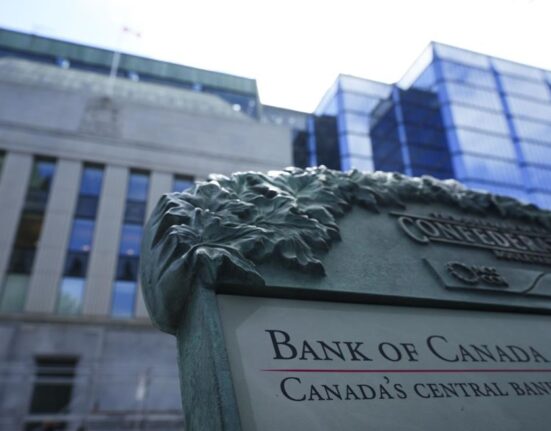Amidst the glimmering screens of our smartphones and the sleek designs of our laptops lies a darker reality that often goes unnoticed. The supply chains of tech giants like Apple are under scrutiny once again, this time in Belgium, where authorities have launched a probe into the company’s sourcing practices in the Democratic Republic of Congo.
Belgian Probe: Uncovering ‘Blood Minerals’
The term “blood minerals” refers to natural resources such as cobalt, coltan, and copper that are mined in conflict zones under conditions that involve human rights abuses and environmental degradation. These minerals are essential components in electronic devices, including those produced by Apple.
The Dark Side of Tech: Human Cost
Behind the glossy facades of our gadgets lies a grim reality endured by miners in regions like Congo. These individuals often work in hazardous conditions with little to no regard for their safety or well-being. The profits reaped from these minerals can fund armed conflicts, perpetuating violence and instability in already vulnerable communities.
As consumers, we wield immense power through our purchasing decisions. By choosing products from companies with transparent and ethical supply chains, we can drive positive change and advocate for better practices within industries that have far-reaching global impacts.
Expert Insights: Navigating Ethical Supply Chains
According to industry experts, ensuring responsible mineral sourcing is a complex challenge that requires collaboration across various stakeholders. Companies like Apple face pressure not only from regulators but also from consumers demanding accountability and sustainability throughout the production process.
In response to increasing scrutiny, tech giants have started implementing measures to trace the origins of their raw materials better. However, achieving full transparency remains an ongoing effort fraught with obstacles such as resource constraints and the intricacies of global supply networks.
A Call for Transparency
Transparency is key in fostering trust between companies, consumers, and regulatory bodies. By shedding light on how minerals are sourced and processed, organizations can build credibility while empowering customers to make informed choices aligned with their values.
The Belgian investigation serves as a reminder of the interconnectedness of our world—a reminder that behind every piece of technology lies a story untold. As we navigate an increasingly digital landscape, let us pause to consider the human stories embedded within our devices and advocate for a future where innovation coexists harmoniously with ethics and empathy.









Leave feedback about this